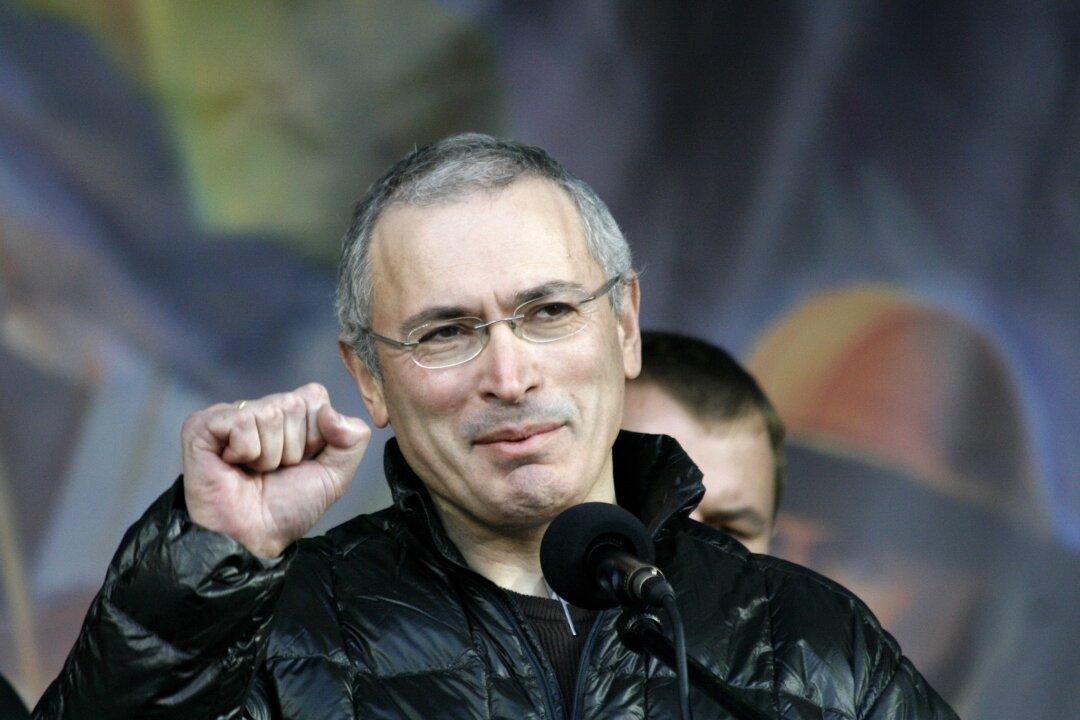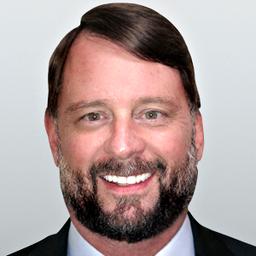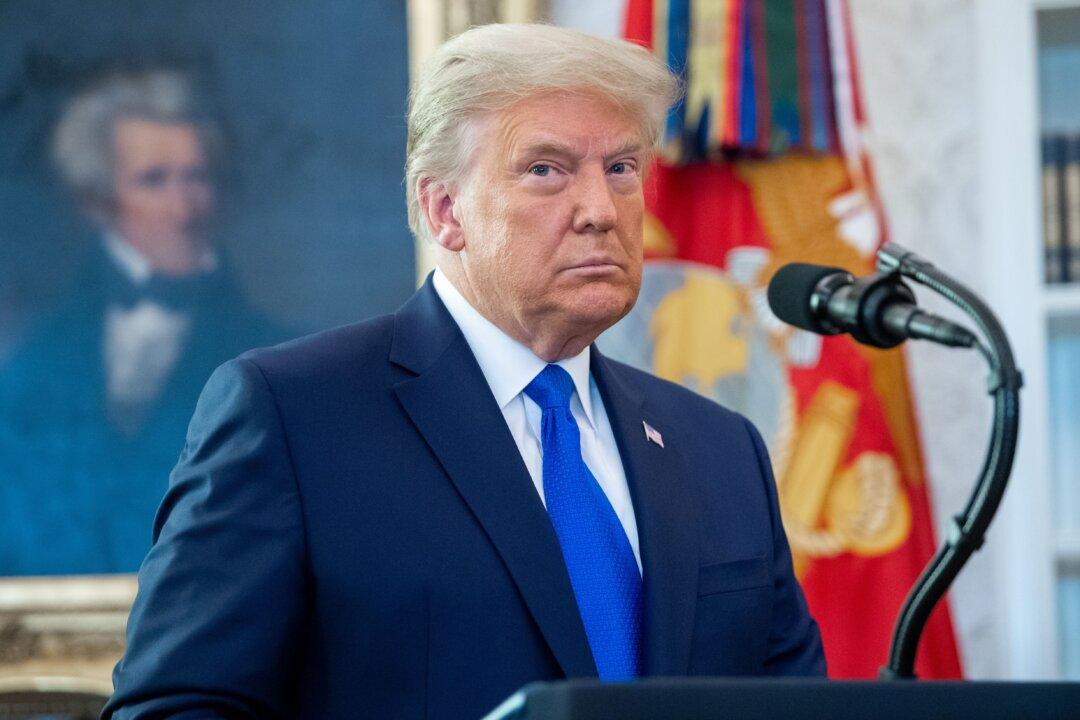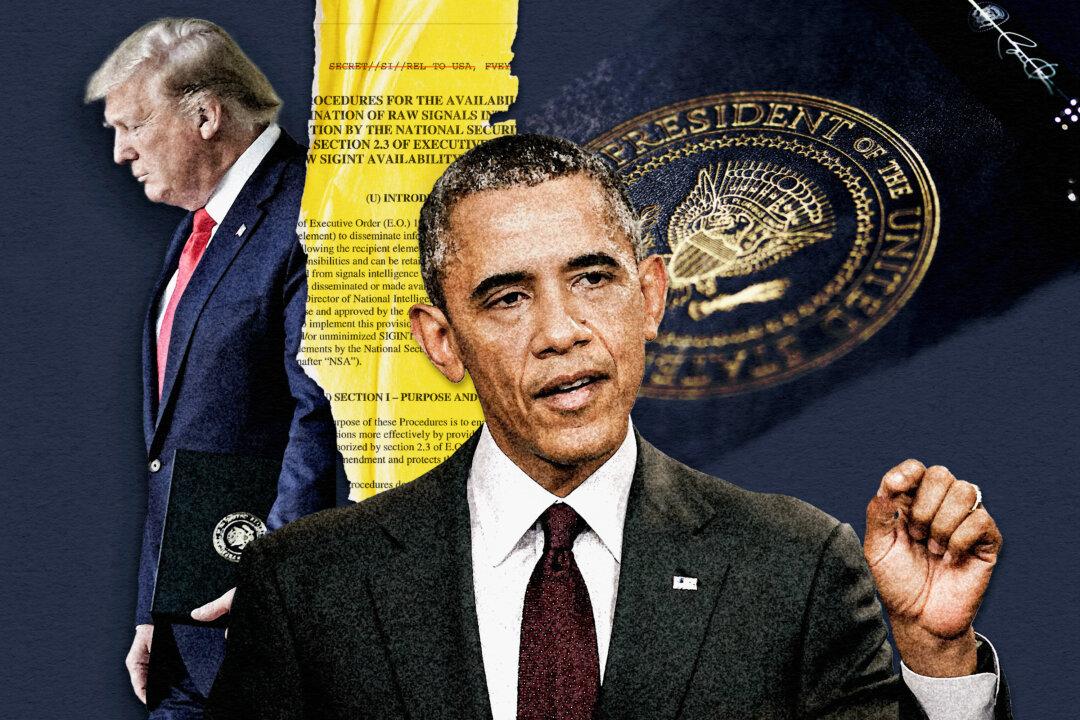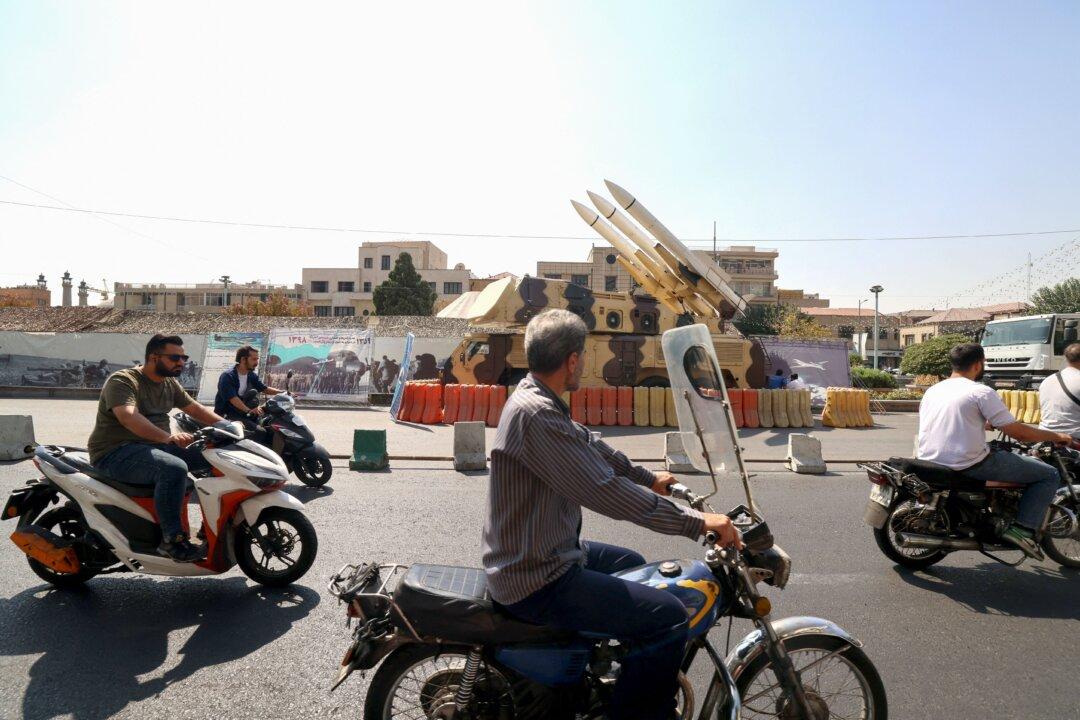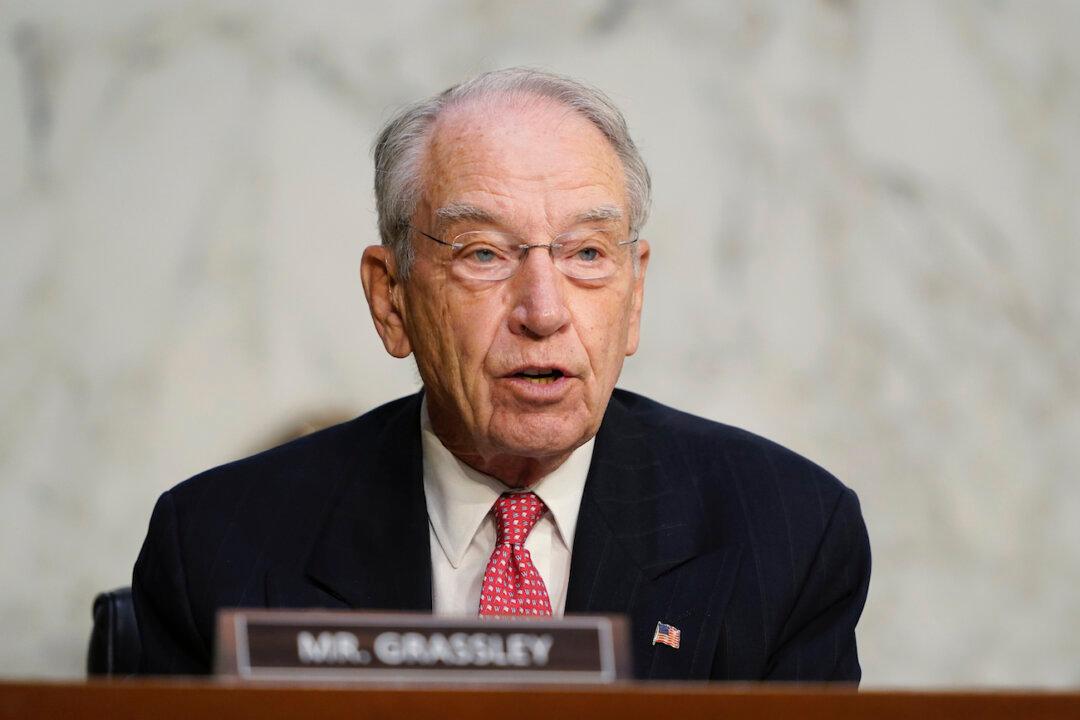Commentary
Over two years into the investigation of alleged collusion between Russia and the Trump campaign, a new picture has started to emerge, one of Russian oligarchs and their connections to some of the key figures responsible for the collusion narrative.
